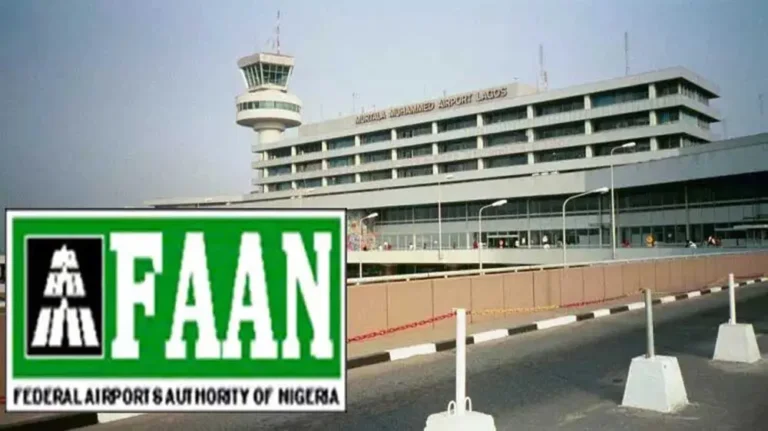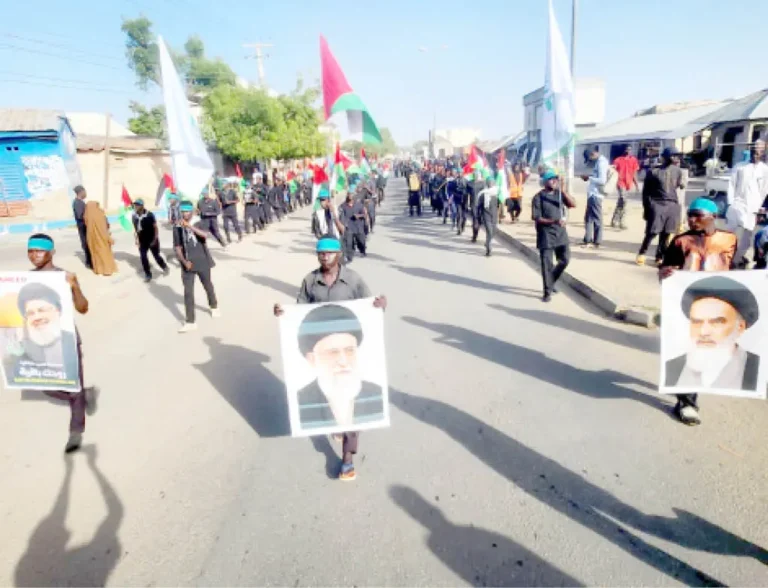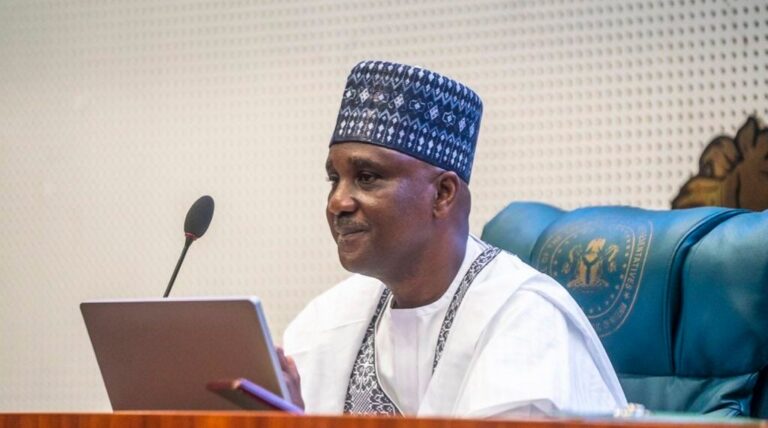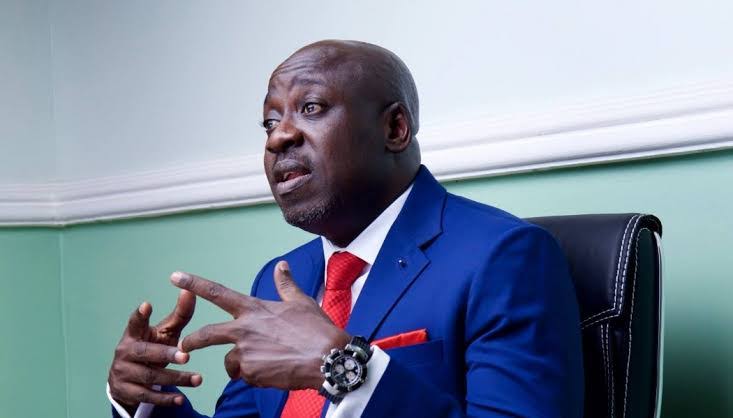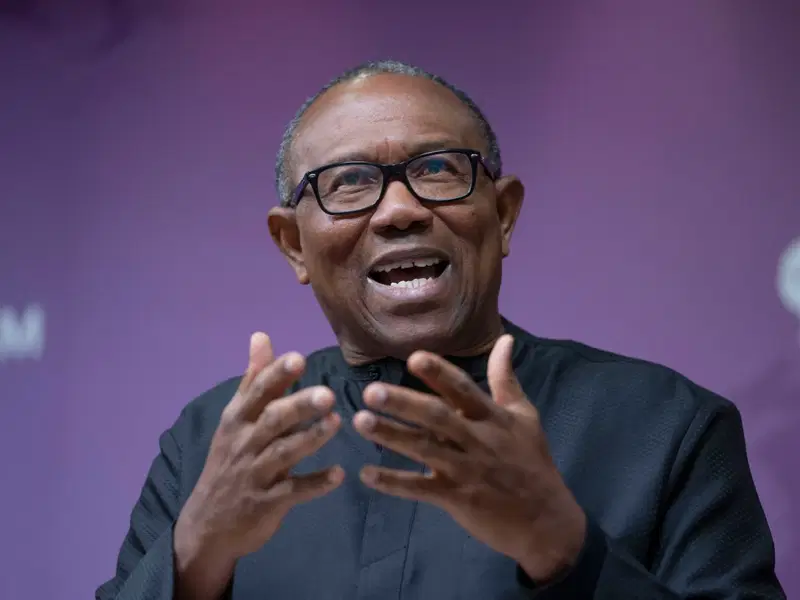
The 2023 Presidential candidate of the Labour Party (LP), Mr. Peter Obi, has described the arrest, detention and eventual conviction of the leader of the Indigenous people of Biafra (IPOB), Nnamdi Kanu as unfortunate.
He said the process represents a failure of leadership and was capable of highlighting tensions rather than decreasing it.
Obi said this in a statement titled: Kanu’s Conviction: Obi Calls for Dialogue, Healing Over Hostility*, signed by his Media Aide, Ibrahim Umar, on Saturday.
Umar quoted his principal as saying the news of Kanu’s conviction should compel every well-meaning Nigerian to pause and reflect, especially “at a time like this,” when the country is grappling with severe economic hardship, escalating insecurity, and the consequences of prolonged poor governance.
Obi, he said, reiterated his long-held position that Kanu should not have been arrested in the first place, noting that his arrest, detention, and now conviction represent a failure of leadership and a misreading of the real issues at stake.
According to him, the concerns Kanu raised were neither unheard of nor insoluble, and required wisdom, empathy, and genuine engagement.
He maintained that in functional societies, legitimate grievances are addressed through dialogue, reforms, and inclusive governance—tools he believes were not sufficiently explored by the government. “Coercion becomes necessary only when reason has been exhausted. In this case, reason was not fully explored, if at all”.
While acknowledging that some may argue that “the law has taken its course,” Obi insisted that leadership often demands more than the rigid application of legal processes.
He cited global examples where nations adopt political solutions, negotiated settlements, and even amnesty when legal outcomes alone threaten national stability. Nigeria, he said, should not be an exception.
Obi also likened the government’s handling of the matter to “a man trapped in a hole who continues digging instead of seeking a way out,” warning that such an approach only deepens mistrust and compounds the country’s already difficult condition.
Calling for calm, Obi urged the Presidency, the Council of State, and respected statesmen to rise to the occasion and work towards sustainable peace. He emphasised the need for healing over hostility, reconciliation over retaliation, and dialogue over division.
Obi concluded by expressing optimism that, in the end, peace and reconciliation will prevail, provided Nigeria chooses the path of justice, fairness, and compassion.
VANGUARD.

